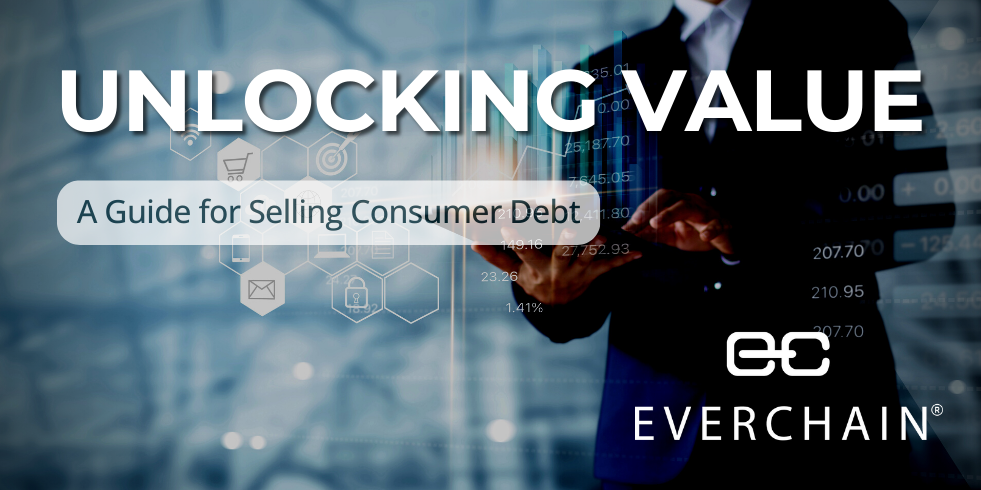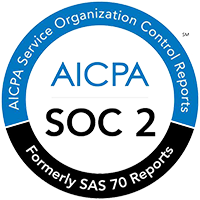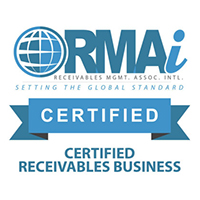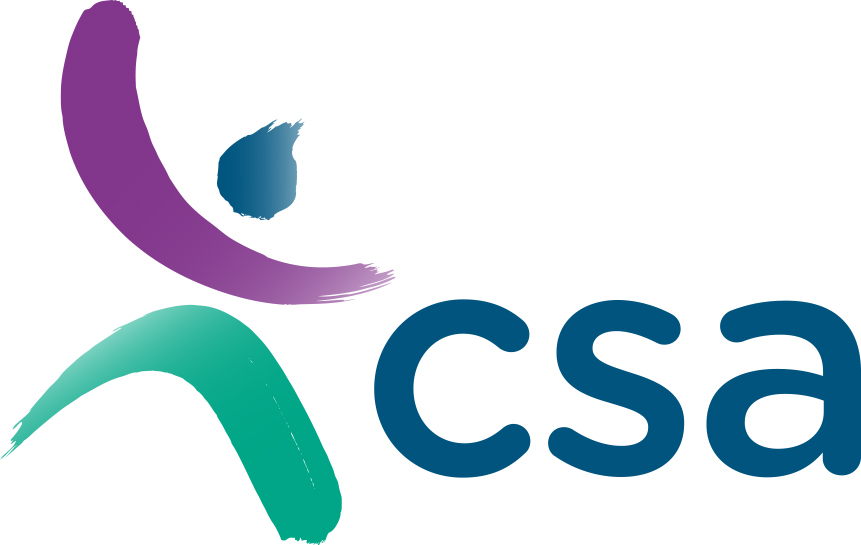Defaulted Loan Options as a Creditor

As a lender, you’ll know that it’s unlikely that at least a small percentage of your loan portfolio will default. While it would be ideal if every person was able to repay their loan on time, sometimes circumstances happen to mean that they’re not able to. When a loan does default, there are essentially three different routes you can take. Firstly, you can accept that defaulted credit is a part of the lending process and basically write off the loan as a loss. Your second option is to try and collect the funds. This could be through your own collections team, or via a third party debt collection agency. The final option is to sell the defaulted debt quickly bringing revenue back into your business.
There’s no right or wrong path when it comes to defaulted loans – it will largely depend on the aims and policies of your business. But to help you consider your next steps, we’ve explored each of the options in more detail below:
1. Write Off Defaulted Loans
Some lenders may choose not to chase defaulted loans. Instead, they simply consider these loans a cost of doing business as a lender. Defaulted loans are placed in what is referred to as a ‘warehouse’, and these loans will be periodically written off. The lender will then never lend to these borrowers again.
In terms of compliance, there is nothing wrong with this way of dealing with defaulted credit. There is no risk of non-compliant debt collections practices as no attempt will be made to collect the outstanding balance. The lender will simply rely on their consumers to make repayments on time, and not worry about those who don’t.
The problem with this method is that it lets other borrowers know that there won’t be any repercussions if they don’t repay their debt. While their credit file will most likely still be negatively affected, this doesn’t bother some people. If you’re not looking to take out a loan in the near future, or any other form of credit, having a low credit score might not impact you. So as a lender, you probably don’t want to encourage your borrowers to ignore their loans!
2. Try to Collect the Funds
Perhaps the most common option when it comes to defaulted loans, many lenders will chase the funds through debt collection strategies. The first step is usually to use an in-house collections team, who will reach out to borrowers whose loans have defaulted, and try to set up payment arrangements. There is rarely a minimum limit to such arrangements – the lender will normally put a plan of whatever is affordable in place.
The thing to bear in mind with this option is that there are costs involved with collections. Whether this is the price of resources and technology, or the cost of your employee’s time, you will need to take these expenses into account when deciding what to do about your defaulted debt portfolios.
Some lenders, rather than using an in-house collections team, will give permission for a third party agency to act on their behalf. This can be a cheaper option, and may mean that litigation is a more likely outcome. Some debt collectors specialise in taking debt to court, which can be a sensible choice for higher balance loans.
However, getting a County Court Judgement (CCJ) can be a lengthy process, as well as costly. You should also consider the fact that these debts are still owned by you as the lender, and taking extreme measures such as court action to recover the debt could impact your brand reputation.
3. Sell the Debt as Part of a Portfolio
If you’re looking to reclaim some of your funds, and don’t want to risk the reputation of your business, the best option may be to sell your defaulted debt. You can get a quick cash injection into your company, which can be used to pay out further loans, or invest in new equipment or technologies. You’ll also be mitigating risk when it comes to chasing the debt, such as by pursuing court action.
Another benefit of selling your debt is that your employees can focus on early collections rather than chasing old debt. This will not only save the business time and money, it should also improve the morale of the staff. It can be incredibly frustrating to try and collect old debt if you don’t have the right training or measures in place!
It’s also worth noting that debt sale can introduce a real consequence to your current borrowers. If they are aware that their debt could be sold if defaulted on, they are likely to be more engaged, and your payback percentage should increase.
Which Option Should You Choose?
When it comes to which option you should opt for when it comes to defaulted credit, this will depend on the goals of your business. Which is more important – maximising your returns, or mitigating risk? Here at EverChain UK, we help you do both. We not only help you get the best net profit for your debt portfolio through our comprehensive platform, we also help protect your brand reputation, by only working with reputable debt purchasers.
So if you’re looking to bring some money back into your business, not writing it off completely, and want your collections team to return to what they do best, selling your debt probably makes the most sense for your charge-offs. Get in touch with EverChain UK today to discuss the ways in which we can help your organisation!
Related Posts
Consumer lending offers lucrative opportunities but also comes with inherent risks. While the majority of [...]
Listen to the Interview.The debt buying process is one that has traditionally been highly manual [...]






